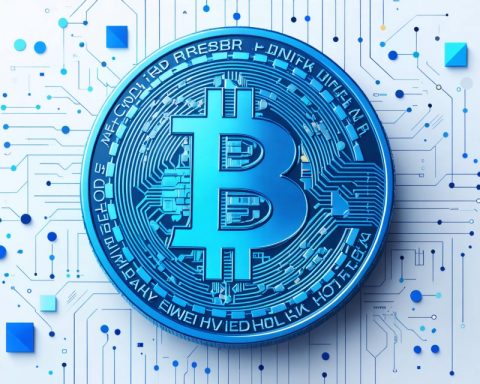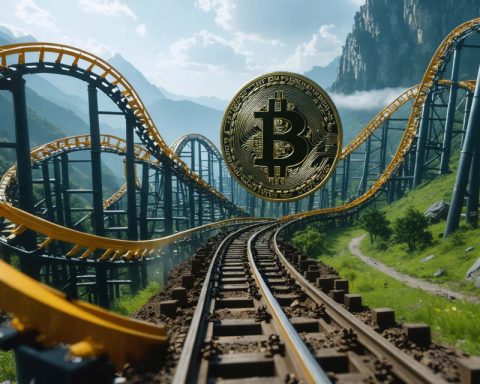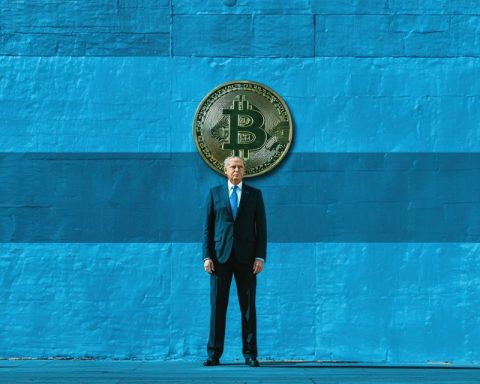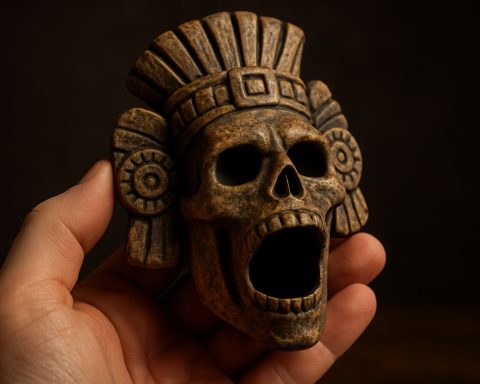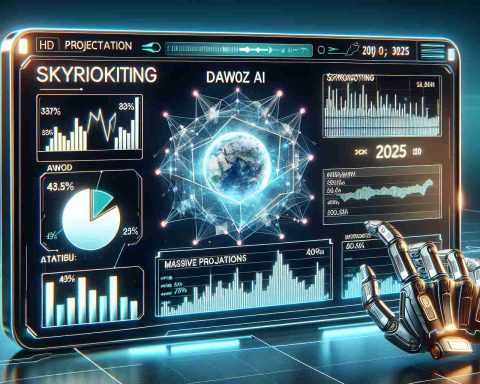NFT - Page 2
An NFT, or Non-Fungible Token, is a type of digital asset that represents ownership or proof of authenticity of a unique item or piece of content, typically using blockchain technology. Unlike cryptocurrencies like Bitcoin or Ethereum, which are fungible and can be exchanged for one another at equal value, NFTs are unique or exist in limited quantities, meaning each one is distinct and cannot be exchanged on a one-to-one basis.NFTs can represent a wide variety of items, including digital art, music, virtual real estate, collectibles, and even tweets. The ownership and transaction history of NFTs are recorded on a blockchain, making them traceable and verifiable, which can enhance their value and provenance. The rise of NFTs has created new markets and opportunities for artists, creators, and collectors, leading to discussions about copyright, digital ownership, and the future of creative work in the digital age.



